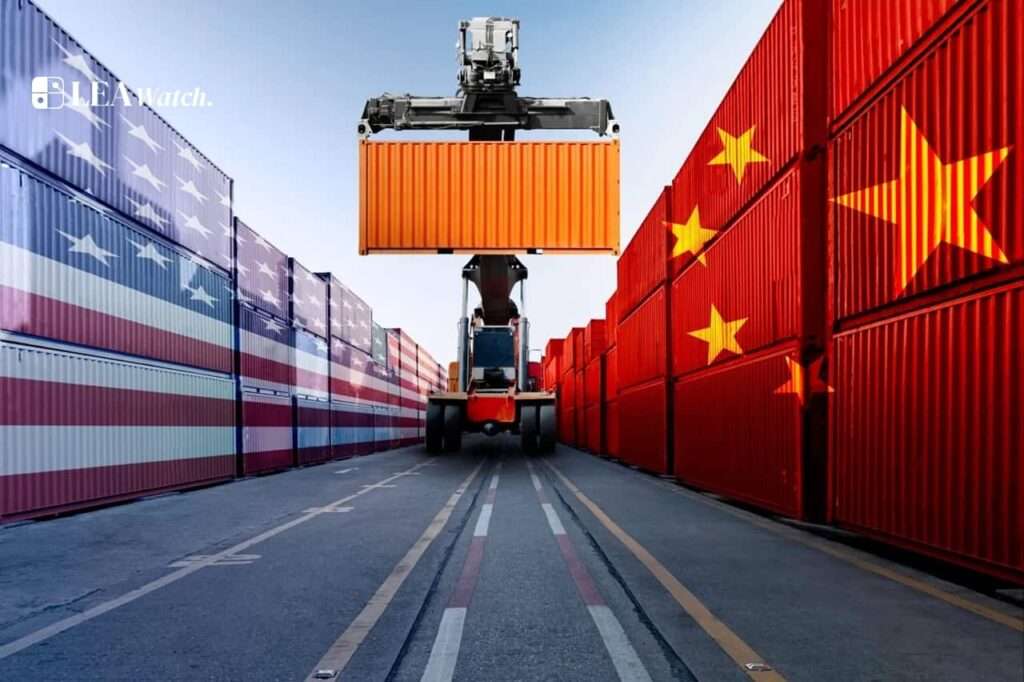The United States has applied mounting pressure on Southeast Asia to stop the transshipment of Chinese goods, which entails moving products linked to Beijing to tariff-free hubs in ASEAN like Vietnam and Thailand. The issue, which was raised during the first Trump administration’s trade war with China, has risen during negotiations of recent tariffs, with Washington publicly threatening to impose fines of up to 40% on Vietnam, if violations are found.
China’s increased investments in ASEAN, especially in sectors like electric vehicles and electronics, have made it an export platform, but it has also created risks. Allegations of fictitious labelling were made following the limited processing of goods in ASEAN countries before they were transported on to U.S. customers. The U.S. distrust of ASEAN imports is also compounded by the fact that Vietnam is a top contributor to Washington’s trade deficit. The U.S. is responding by pushing for stricter rules of origin and are proposing a local content threshold for goods to be “made in” – ASEAN, for example, raising it from 40% to 60%.
As ASEAN governments tighten inspections over safety and health violations, the incident underscores their reliance on foreign firms and the vulnerabilities they face if caught in the crosshairs of the U.S.-China rivalry. Analysts argue that long-term stability will depend on ASEAN’s ability to shore up domestic industries and move out of a reliance on cheap manufacturing and exports to foreign firms.

